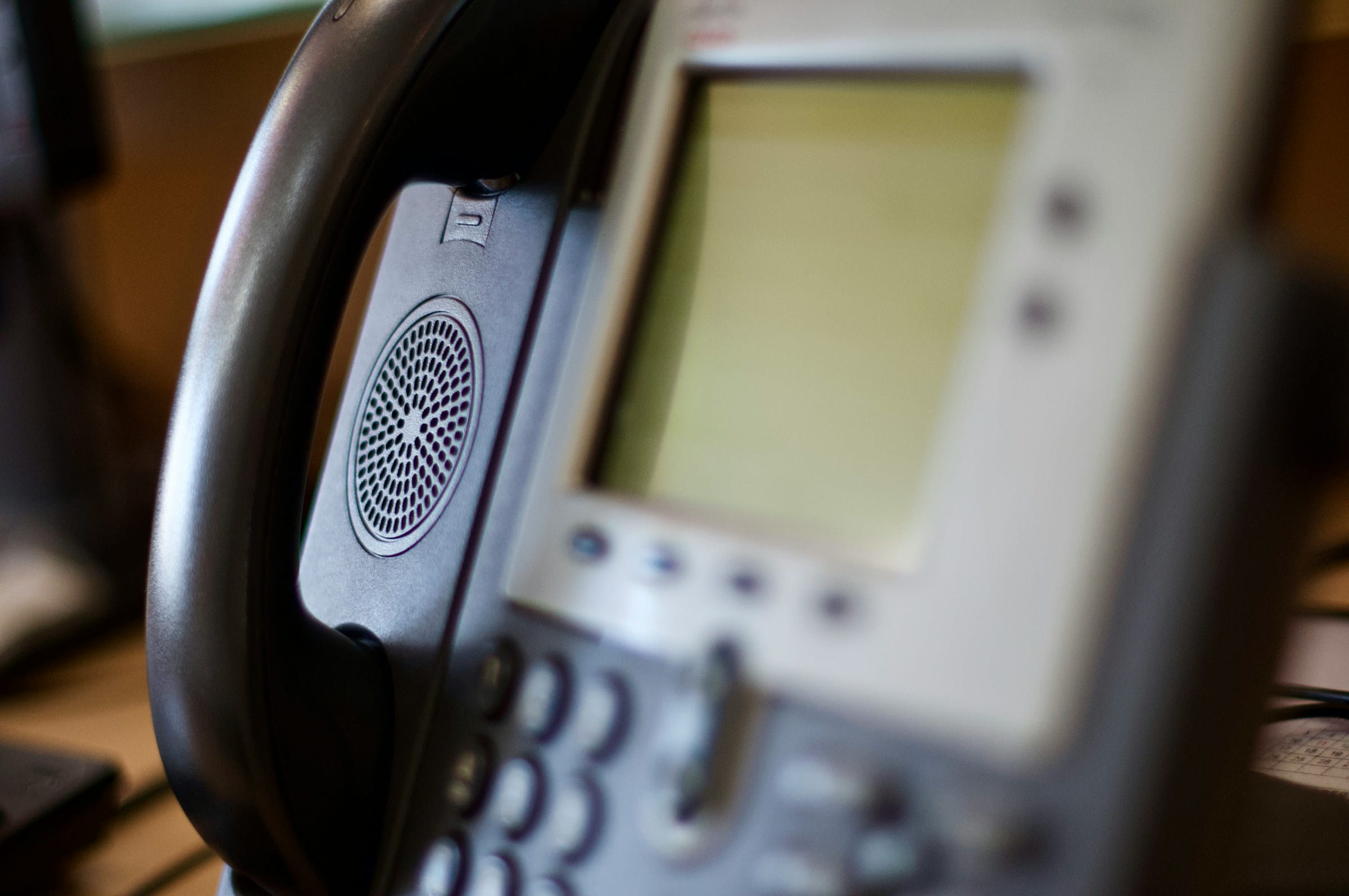With Mental Health Awareness Week around the corner we thought now was a good time to remind you of the importance of taking care of your mental health in the online world.
With constant pressure from various social media sites, and the seemingly relentless buzz of notifications, not to mention our insatiable desire to stay ‘in the loop’, it can be easy to develop an unhealthy relationship with our devices.
Here are five tips to help
1) Set time limits
It’s easy to get into a social media/message checking routine: as soon as you wake up, every lunch break, the last thing before you go to sleep.
We’re all guilty of overindulging to one extent or another, and it’s easy to see why.
The addictive nature of these services, combined with the fear of missing out compels us to invest rather more time than we ought.
When that excessive use starts to interfere with sleep or cause anxiety it has clearly become a problem, but even if it hasn’t yet become that serious it isn’t advised to spend all our free time staring at screens.
So the advice is simple. Ration your online life.
That might mean not taking your phone (or other connected devices) into the bedroom – so you physically can’t play on them when you’re in bed. If mustering up the willpower to self-control is a little tough, the good news is that most modern smartphones, tablets and laptops allow you to set up screen time controls. You can control the overall time you spend online, or even on certain apps and sites.
As an employer, consider allowing your employees regular mental health breaks from their work. You might provide a quiet space for them to sit and relax or just the opportunity to catch up over a coffee. Switching off from the always on can be a simple yet effective way of reducing stress and anxiety and detaching from the online world.
2) Filter your friends
If you’re an avid social media user, the chances are the number of ‘friends’ you have far outweighs your real-life acquaintances.
The habit of collecting online friends is tempting but it can also be problematic. We’ve written before (and doubtless will again) about the online security implications, but from a mental health perspective, being on the end of countless updates can be a problem too.
If you’re connected with hundreds of people online, following their lives in detail can be exhausting.
The online world is great for staying connected to people you may rarely see, but do you really need that connection with someone you’ve only met once, who you have nothing in common with, who you wouldn’t recognise if you passed them in the street?
Culling your friends list can be a great source of relief. It can even help to put your more meaningful relationships in better perspective, when the only people you can see online are those you really care about.
3) Stop comparing yourself
Speaking of ‘friends’, one of the side effects of endlessly following the lives of others online is the temptation to compare their apparent lives with your own.
That can range from the girl you went to school with now living a successful life as a CEO to the seemingly never-ending list of online ‘celebrities’ who want to peddle their latest product or TV show.
If you’re comparing yourself unfavourably to people that you know or see online, you’re doing yourself no favours. The reality is, their lives probably aren’t as perfect as you think, they may well think the same about you, and even if they are living a perfect life there’s little to be gained by wishing you were in their shoes.
It’s very important to remember that what you see on social media isn’t usually reality. Rather, it is more often a carefully curated façade of how that person wants to be seen.
As an employer, consider allowing your employees time to talk through their issues in a safe space. Giving them the opportunity to discuss their worries and concerns may be enough, but you could also consider inviting a mental health professional into your office to provide some group or one-to-one support and suggest other improvements.
4) Find some perspective
Life in the online world shouldn’t be the be all and end all. From time to time, it’s good to put online life to one side and indulge in whatever gets you going in the ‘real world’.
That might be getting out for a walk, exercising, listening to music, reading a book, having a conversation with a friend, taking a drive… the list is endless.
Finding the perspective you need to realise that life extends beyond what happens on your screen is a great way to separate the two worlds and provide often much needed relief.
If you’re a business owner and open to being a little creative, why not consider giving all your employees an extra day off for themselves. Encourage them to book a spa day, go for a hike or do a hobby they love: an opportunity to completely switch off from the outside world and the stresses of work.
We have lots more advice on how to check out from your digital life in our digital detox article available here.
5) Download an app
Whether you need help relaxing or practicing mindfulness, a sleep aid or a little motivation, there’s most likely an app for that.
One of the better-known mindfulness apps is Headspace. Through guided meditation, the app aims to improve mood and concentration, relieve stress and help users sleep better. And it can be tried for free before you commit to any monthly payment.
Calm offers a similar service, also allowing users to sign up for a free trial.
If you’re an employer, you may consider signing up to make the free, NHS approved Thrive app available to your employees.
Of course, there are many other similar apps and online services available, so why not take a look?

Zen Internet - Home SalesSales
01706 902573
Zen Internet - Customer EnquiriesCustomer Enquiries
01706 902001


